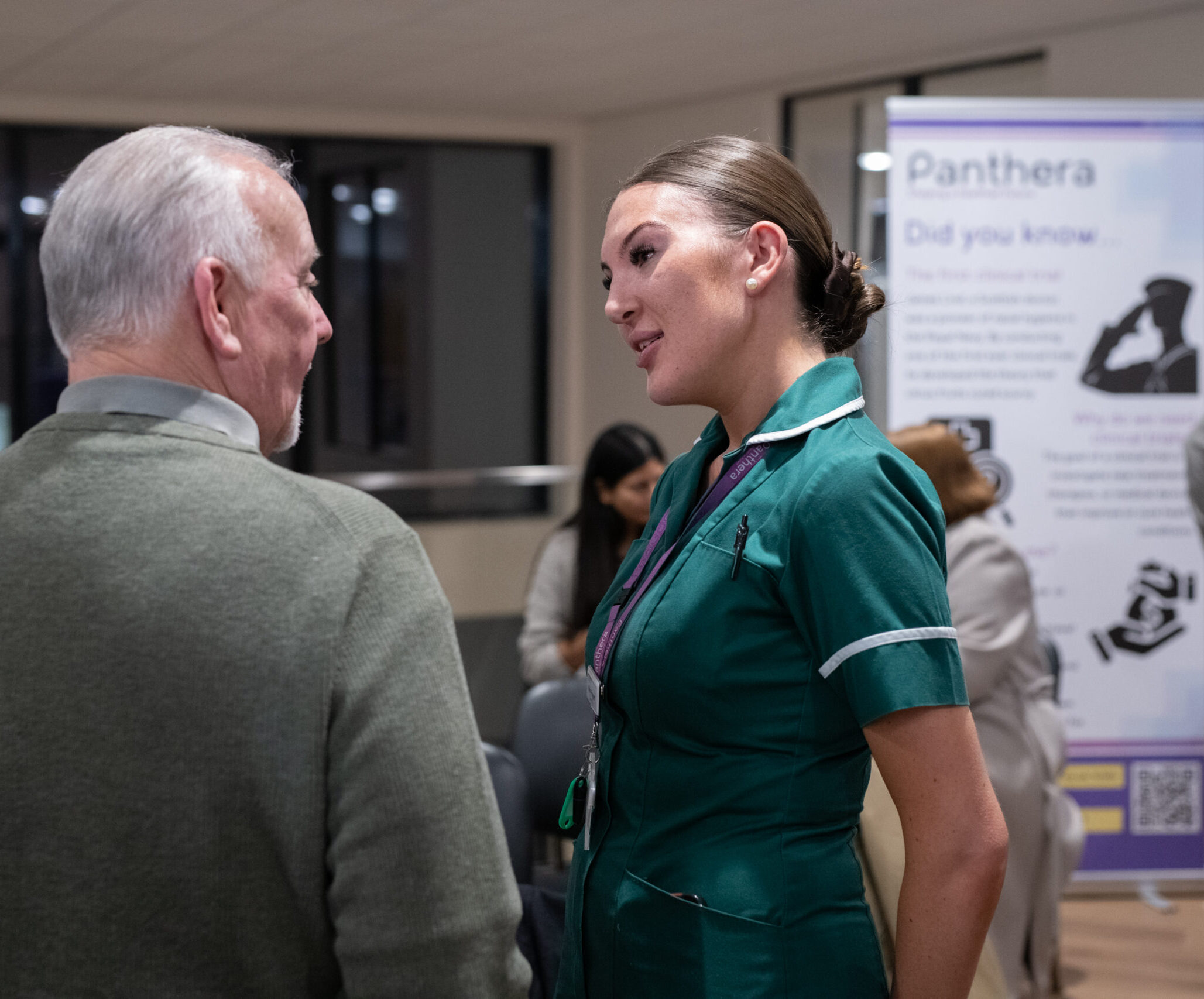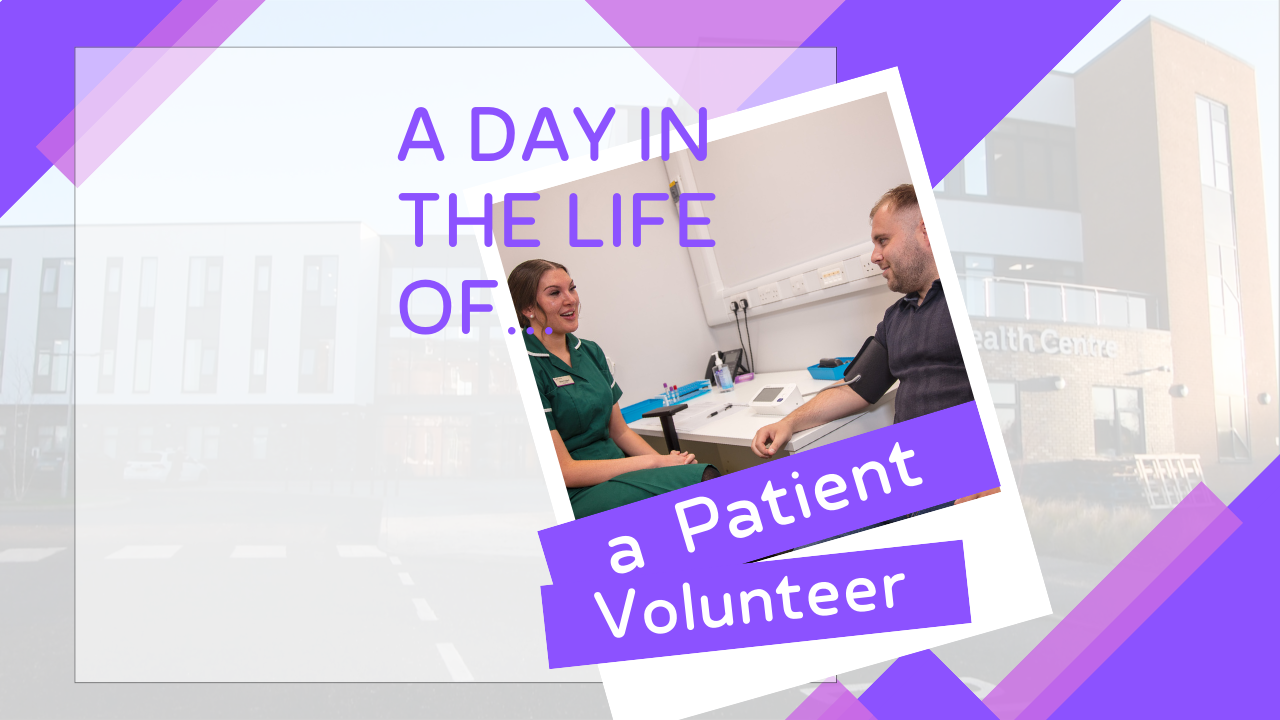About Panthera
Shaping a Healthier Future

Trusted by



Supporting Clinical Research,
Advancing Clinical Breakthrough,
Shaping a Healthier Future
An industry-changing model
Since its inception in 2019, Panthera has been transforming the way clinical trials are delivered. Built on a foundation of deep industry knowledge, Panthera is redefining the Site Management Organisation (SMO) model to accelerate trial delivery, improve patient access, and enhance sponsor and CRO collaboration. With a strategic focus on innovation, operational excellence, and scalability, Panthera is driving a more efficient, patient-centric future for commercial clinical trials across Europe and beyond.
Putting patients at the heart of innovation
With a highly experienced team of specialist consultants, doctors, nurses, and research professionals, Panthera upholds the highest medical and ethical standards. Our multidisciplinary experts work collaboratively to provide a safe, comfortable, and supportive environment, empowering you, our valued patient volunteers, with clear information and confidence at every step.
Convenient and Accessible Locations
With six clinical research centers across the UK, Panthera makes it easy for volunteers like you to participate in groundbreaking medical research. Our locations are designed with your convenience in mind—easily accessible by public transport and road, offering free parking, comfortable waiting areas with television, and refreshments. We aim to make your visit as comfortable and welcoming as possible, because your well-being is our priority.
Working Together with Local Healthcare Providers
Panthera is passionate about supporting local communities by collaborating with GPs, NHS Trusts, and Local Community Trusts across the UK. These partnerships allow us to extend clinical research opportunities widely, bringing innovative treatments closer to you and your community.

See What It’s Like to Visit a Panthera Clinic

See What It’s Like to Visit a Panthera Clinic
Ever wondered what it’s like to take part in a clinical trial with Panthera? Follow one of our patient volunteers in this short video and experience a visit through their eyes. From the moment they walk through the door, you’ll see our warm and welcoming staff, modern facilities, and the thoughtful care we provide every step of the way.
Whether you’re considering joining a trial for the first time or you’ve been part of one before, this video gives you a feel for the friendly, professional, and patient-focused environment at Panthera.
Meet the leadership team
Panthera has assembled one of the most experienced and industry-proven leadership teams, establishing itself as a trusted leader in patient recruitment and clinical trial delivery. With extensive expertise across multiple therapy areas and international markets, our world-class team brings a strategic, results-driven approach to clinical research.Our combined knowledge ensures efficient, patient-centered trial execution while upholding the highest standards of compliance, safety, and operational excellence.


Chief Executive Officer

Chief Commercial Officer

Chief Compliance Officer


Chief Financial Officer


Site Operations Director

Associate Director, Project Management

Patient Engagement & Marketing Director

Director of Feasibility and Contracts

Associate Director, Quality Assurance